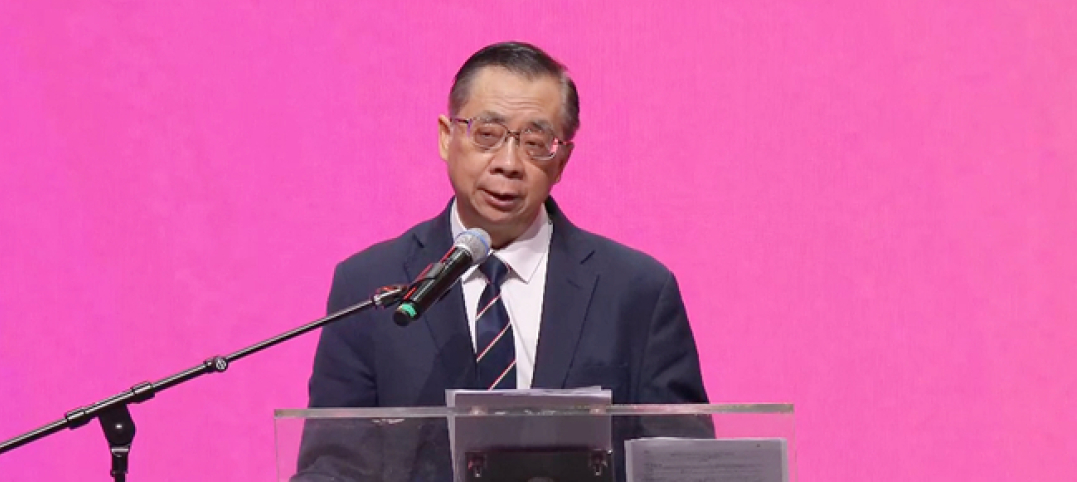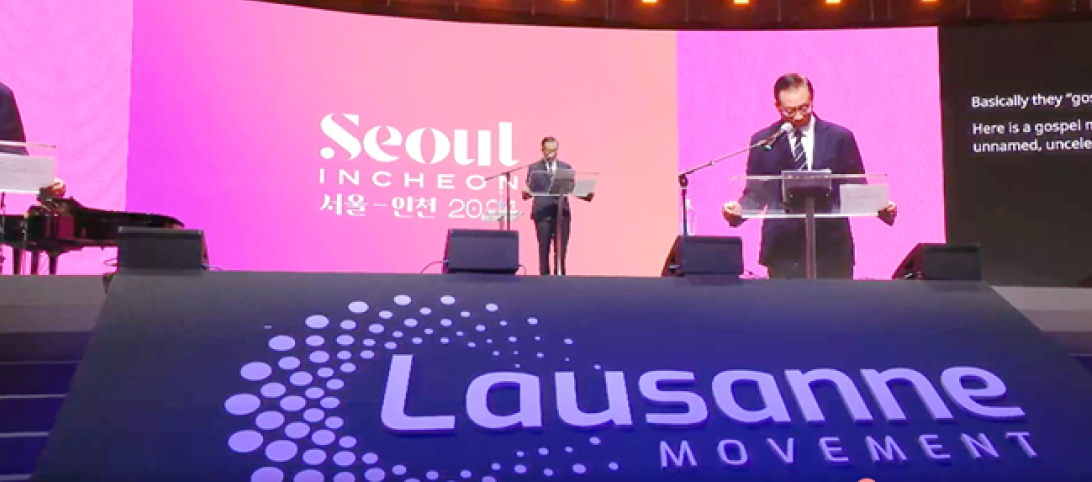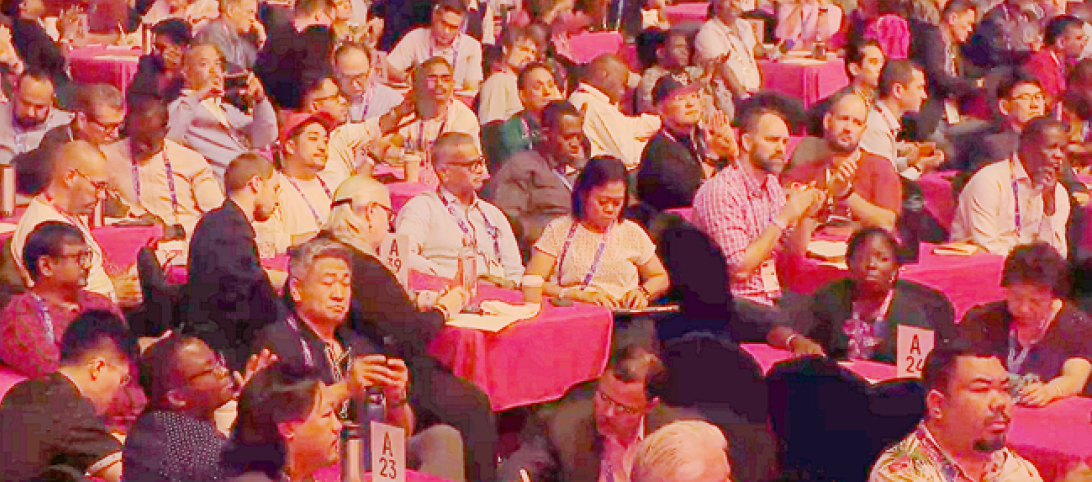At today’s (Sept 25), Lausanne Conference on World Evangelization, Dr. Patrick Fung, global ambassador of OMF International (Overseas Missionary Fellowship, formerly the China Inland Mission), delivered a keynote speech on how the early Christians persevered in their mission amid persecution and witnessed the spread of the gospel. He emphasized that the key strategy that God has used repeatedly in church history is suffering and persecution. Persecution cannot destroy the church, by contrast, it is compromise that has proved to be deadly.
Discipleship
Dr. Patrick drew from the record of the Antioch Church in Acts, pointing how how Paul first referred to the followers of Jesus Christ as “Christians” here. The word “Christian” appears only three times throughout the New Testament, but the word “disciple” appears a total of 246 times. This shows that, more than Christians, the early believers identified as “disciples”: the students who wholeheartedly devoted themselves to their teacher Jesus Christ.
The Church Cannot Be Destroyed by Persecution
As recorded in Acts, the Jerusalem church was persecuted and the disciples were scattered throughout the land. Yet they did not stop preaching but continued to spread the gospel from house to house. It was against this backdrop of persecution that the gospel was spread to places like Antioch, bringing exponential growth to the Church. Dr. Patrick pointed out that, there is historical proof that trials and persecution were never able to destroy the church, but instead have accelerated the spread of the gospel ever more widely and deeply.
Cross-Cultural Evangelism by Unnamed Disciples
The disciples scattered in the early days were not church leaders, but ordinary Christ-followers. Although faced with an environment full of uncertainty and instability, these disciples fearlessly proclaimed the gospel wherever they went. The cross-cultural movement of evangelism was brought about by countless unnamed disciples who brought the gospel to the Greeks and Gentiles, expanding the Church beyond the bounds of culture.
Putting Aside Grudges and Witnessing God’s Greatness
Dr. Patrick shared with the congregation the records of countless unsung heroes who gave their lives for the gospel in China that he saw in the Archives of the University of London. He lamented that, while missionaries like Hudson Taylor are well-known for their efforts, there are multitudes of obscure Christians whose names may not remembered by history, but who have paid a huge price for the spread of the gospel. Dr. Patrick emphasized: “Only when the church puts aside its grudges can they truly see the greatness of God.”
The Gospel Tears Down Dividing Walls
Acts 11:20-21 records how the believers of the Antioch church crossed the clash of cultures and beliefs to preach the gospel to the Greeks, leading to cross-cultural cooperation in the church. Dr. Patrick points how that the gospel has the power to tear down dividing walls and bring people who were once enemies together to work for the Kingdom of Christ. This period of church history is crucial to the growth of the Church. The work of the Holy Spirit empowered the believers, revealing the far-reaching impact of the gospel on communities. Dr. Patrick believes: "We see how the work of God transformed an entire community here, so when we do our best to understand this, we can see how the influence of the gospel is rushing in like a flood."










